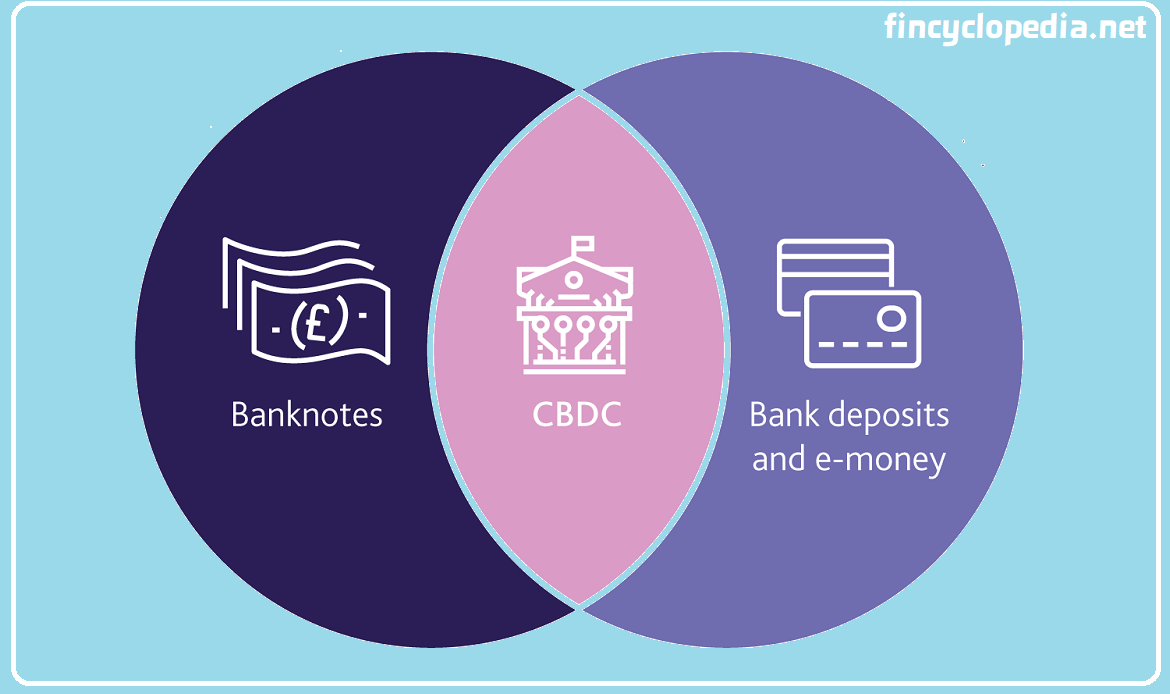The short-term interest rate that is charged on a type of loans known as call loans. It is the rate that banks charge brokers aiming to secure loans to finance investors in securities. Such loans are also known as margin loans. The broker, in turn, charges the investor (borrower) the call money rate plus a service charge. Brokers seek to profit on the margin loans extended to their clients, and hence, margin loan rates are typically priced at the call money rate plus a premium corresponding to the service charge. This rate is also referred to as a call loan rate or a call rate or a broker loan rate.
In banking, a call money rate is the interest rate charged on call money, being a minimum short-term loan repayable on demand, with a maturity period of one to fourteen days or overnight to two weeks. It is used in the interbank market. The money that is lent for one day in this market is referred to as “call money”. This rate highly volatile that changes on a daily or even hourly basis. There is an inverse relationship between call rates and other rates such as those associated with short-term money market instruments such as certificates of deposit (CDs) and commercial paper (CP). An increase in call money rates makes other sources of finance, such as rates on short-term instruments, relatively cheaper for banks to raise funds from these sources.





